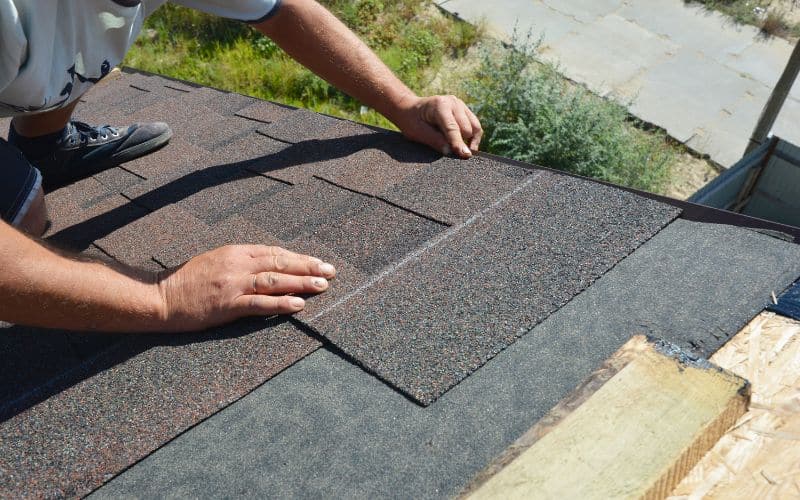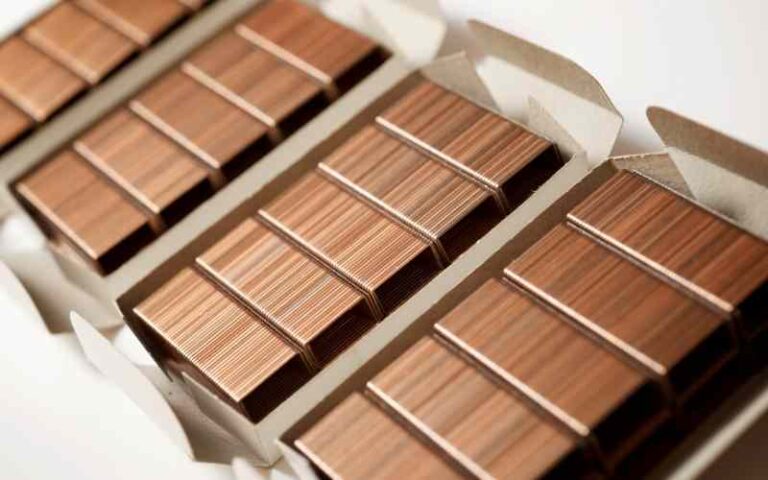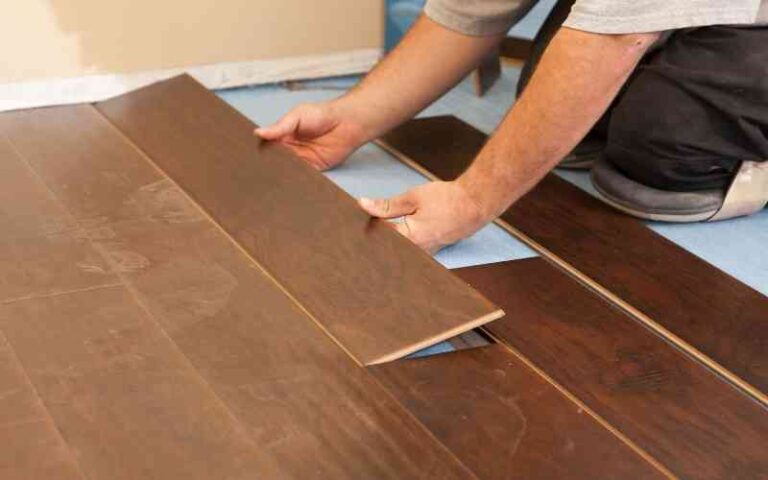It gets frustrating when we have to contend with insects. We continue to seek means with which they would be kept far away from us.
In this article, you will find out whether the Tar on your roof can keep Insects Away.
Yes, roofing tar keeps insects away. You make roofing tar from petroleum byproducts and apply it on a roof to prevent leaks and increase the wood’s longevity. Roofing tar is oily and dark in color.
Ready for a Roofing Quiz?
Will Roofing Tar Keep Insects Away From House?

Yes, roofing tar keeps insects away from your house. Roofing tar is a process whereby roofers use petroleum byproducts to seal up cracks and leaks within your roof.
The cracks within your flat roof encourage the entry of insects into your house.
Therefore, using roofing tar on your roofing tends to block all these crevices, deterring insects from the house.
Some insects bore holes through the roof to gain access into your house. For example, beetles and flies find their habitation in crevices.
When these insects find their way into your house, they follow the light source and become a nuisance in the house.
The roofing tar prevents the infestation of insects in your home. The preventive attribute of the roofing tar is brought to the limelight by its ability to provide different coating layers for your flat roof.
The roofing tar makes your roof hard, durable, and impenetrable to insects. Often, located on some flat roofs are large AC condensers.
Water from the AC condenser trickles down and is collected improperly. The collected water can become a breeding site for chironomid midges and mosquitoes.
Midges are small flies with their larvae in water. These flies find their way into the house after breeding for months.
Roofing tar helps prevent water accumulation on the flat roof, inhibiting the growth of midges.
You can also use pressure-treated wood to deter insects from your house. These are wood produced by directly passing the wood through a certain pressurized process.
To enhance the wood’s durability, resistance to insect damage, less prone to decay, and less prone to water damage.
Will Roofing Tar Keep Insects Away From Patio?
Yes, roofing tar keeps insects away from the patio. Roofing a patio with Tar is one way to prevent insect infestations on your patio.
Roofing tar keeps insects away from your patio by providing a tough surface layer of coal tar that insects can not penetrate.
When roofed with Tar, your patio lasts longer when compared with another patio without tar roofing.
Linseed oil is one of the most useful natural oils extracted from flax seeds. Its use is mainly in preserving wood, varnishes, inks, and soaps.
More so, you can use purified linseed oil as a preservative on the wood. When you soak your wood in linseed oil, the wood gets soaked.
You soak the wood to the point that you strengthen the fibers of your wood touched by the linseed.
The strengthening of the wood then offers its ability to prevent the entry of insects into your patio.
You anchor the purified linseed oil’s ability to preserve your wood from insect infestations because you soak the wood in the linseed oil.
You are sure of enjoying your patio for quite a long time. However, it would help if you protected your patio roofing because the patio is outdoors and makes more contact with insects.
Therefore, when using roofing tar for your patio, it is not out of place.
Will Roofing Tar Keep Insects Away From the Garden?
Yes, roofing tar keeps insects away from my garden. Roofing tar does this by the methods we’ve discussed above.
However, it would help if you didn’t use roofing tar where there are food crops. You harm your body when you use Tar that contains petroleum-based chemicals.
Some roofing tar also contains asbestos, which can have an adverse effect when inhaled. If you use roofing tar in your garden, you put into consideration the process of leaching.
Leaching is the process by which you consume tar toxicity. For safe Food, you use latex paint such as water-based urethane and some plastic coatings.
Arsenic is no longer used as treated lumber for roofing gardens and is considered food-safe. There are other natural ways of keeping insects off the garden.
This way is majorly by planting herbs and plants that keep insects away. These plants are:
- Citronella grass
- Lemongrass
- Marigolds
- Chrysanthemums
- Petunias
Herbs that deter insects naturally are as follows:
- Mint
- Basil
- Lavender
- Chives
- Rosemary
Specifically, you use these natural plants and herbs to:
- Serve as protection for you and your family from an insect bite.
- Serve as a protection to your pets.
- To protect your lawn and garden from pest damage.
- You use these plants to protect your home from rodents.
Why Do Roofers Use Tar?
Roofers use Tar for roofing due to its numerous functions in roofing. Tar on roofs is of two types; waterproof and durable, with both varieties versatile.
Roofers use Tar to fix cracks and leaks on your ceiling, preventing insects from entering. Tar asphalt is a dark oily mixture of petroleum byproducts.
Roofers use Tar to repair small roof damages and leakages. The table below shows the pros and cons of using Tar:
| Pros of Using Tar | Cons of Using Tar |
|---|---|
| Roofing tar is an excellent option used on flat roofs. | During the process of installation, Tar gives out toxic substances. |
| Roofers use Tar because Tar is a perfect resistor of the U-V radiation of the sun. | Installers must wear a protective mask to prevent the fumes from gaining access to their respiratory system. |
| Roofing tar prevents the entry of insects into the house | When installing roofing tar, residents stay away due to its harmful effect. |
| Roofing tar does not allow water and snow accumulation on the roof. | During the application of Tar, the installer might slip off and fall. |
| When you want to replace it, it does not take so much time | You heat Tar before installation, and the installer might get burnt during that process. |
| Because most roofers can easily apply it, they tend to ask for it when constructing your roof for you. | |
| Roofing tar does not weigh heavily on your pocket. | |
| Roofing tar serves you far more than roofs without Tar. |
Is Roofing Tar Toxic?
Yes, roofing tar is toxic. You base the toxicity of roofing tar on its chemical composition. You make Tar from petroleum-byproducts, and hence they are harmful to humans.
Normally, roofing tar is not harmful, but the installation makes it toxic. During installation, the installer release toxic fumes containing hydrogen sulfide in small doses unlikely to cause harm.
Tar contains asphalt, which can be harmful to human life. You assume that asphalt has been linked to cancers but do not have evidence. However, constant exposure to tar fumes leads to lung irritation.
Therefore, installers must take caution when working with heated Tar so they won’t worry about producing fumes. To prevent tar toxicity, you install the Tar in a well-ventilated area.
Conclusion
You make roofing tar from petroleum byproducts and apply it on a roof to prevent leaks and increase the wood’s longevity.
Tar is oily and dark in color. Therefore, using roofing tar on your roofing tends to block all these crevices, deterring insects from the house. When you use roofing tar, you keep insects away.






